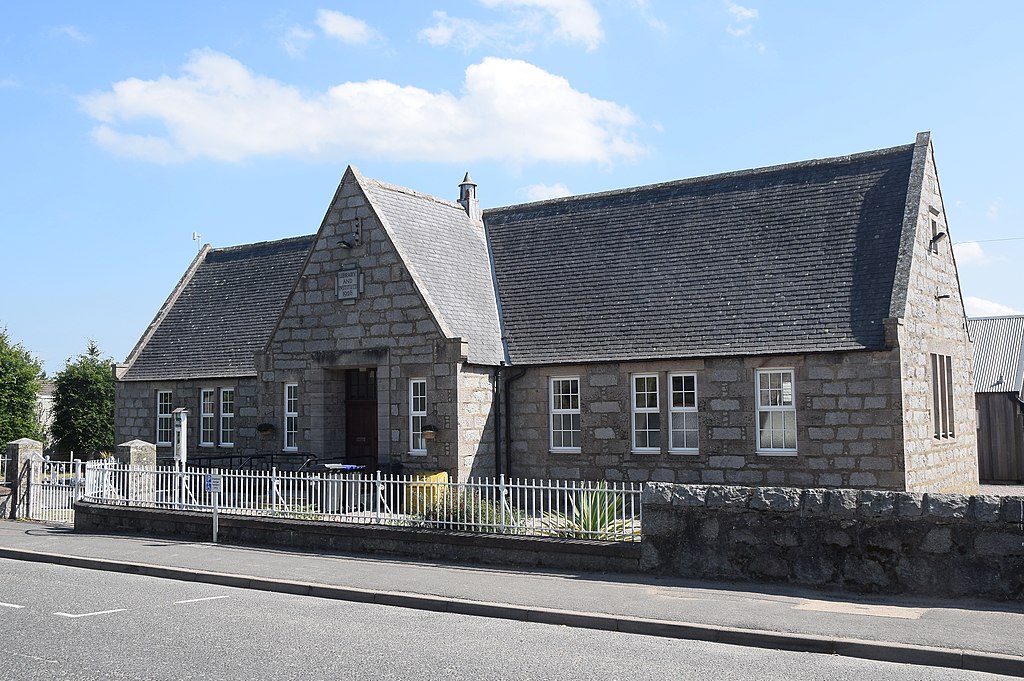
Annie McCormack, TARP Aberdeenshire Development Officer, The Poverty Alliance
As part of the Taking Action on Rural Poverty project, the Poverty Alliance have been working alongside Aberdeenshire residents who live on a low income in rural parts of the shire to form a citizens panel of people who want to feed into the Council’s decision-making process. The panel is particularly keen to feed into the plans to close 13 libraries across Aberdeenshire, many of them in rural areas.
The panel came together to discuss the importance of libraries for people on low incomes and those living in rural areas. They were concerned that the importance of these community hubs in places that have very poor access to services in not understood, and that by closing libraries, this would be ‘the very opposite of challenging loneliness and isolation’, and would make council services ‘even more inaccessible’.
Many examples were given of what risks being lost with these closures, and how libraries are used beyond accessing books:
- Key spaces for people home education
- Safe spaces to access information
- Library staff do the jobs of social prescribers
- Bookbug service linking parents together at a vulnerable time in their lives
- Access to free services
- Access to digital services and printers that people may not have at home
- Informative staff that can help people with a huge variety of support
Personal examples were given:
When I was new to the country - one of first things did was go to local library.
Library groups for all ages and specific groups such as ASN are fantastic. Parent groups are so valuable, and libraries are such a good quiet space to do this - discretion and people can share experiences - trusting environment.
Closure of libraries will increase social isolation. It is a warm space, and you can stay there for a while and also access information.
They helped me get my disability parking passes sorted when I moved to the area.
During lockdown the libraries were invaluable.
My local library checks in on me when I am taking the same book out over and over again.
Libraries are non-judgmental, with no stigma attached to using them, and this is key to the importance they hold for people on a low income in rural areas, where stigma is often a barrier to accessing support. They are community spaces open to everyone, and - as such - are needed more than ever, not less.
The impact of libraries on rural communities is great. The value should not only be counted in pounds but in the well-being, connection and the social capital gained by the people accessing their services, spaces and staff.


Enter your email address to receive regular e-updates about our work. If at any time you want to stop receiving these, simply contact us. We’ll keep your details safe and won’t share them with any other organisations for their marketing purposes. For full details see our Privacy Policy.